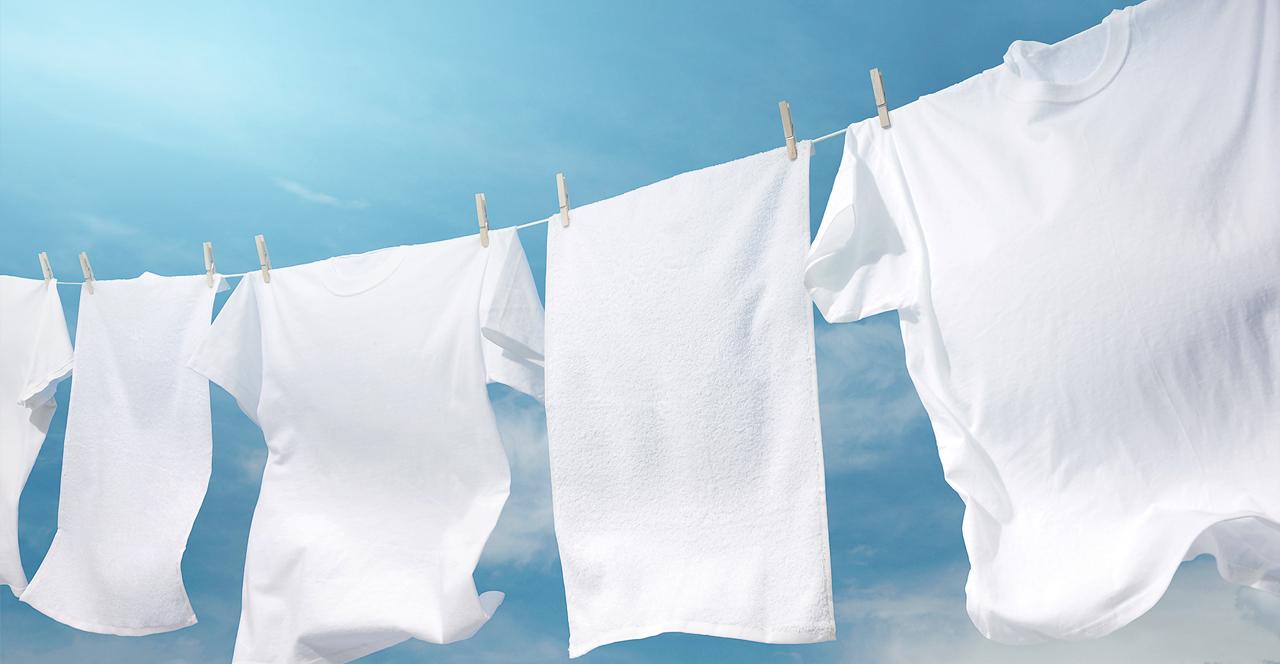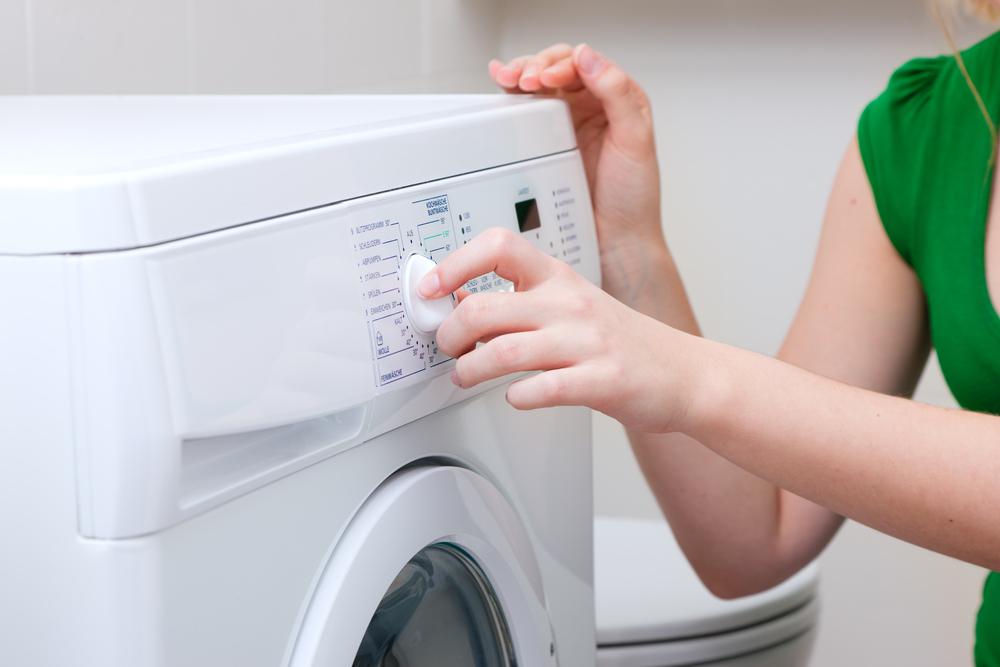Homework brings a good result if you have high-quality tools at hand that help in household chores. Washing takes a long time, even if the hostess uses an automatic machine. Not every stain on clothes and underwear can be washed off the first time. And so that the linen does not have to be washed several times, you should pay attention to washing powders made in Japan. These products have all the necessary qualities to give linen cleanliness and freshness. Reviews of Japanese washing powders are almost always good, so you should consider purchasing such products.
Japanese Laundry Detergents: Their Benefits
Many housewives are primarily interested in the issue of environmental friendliness and cost-effectiveness of the product. Often such household chemicals are consumed during the period of time when there are small children in the house. But it is also important to know how well detergents are washed out of the fabric, especially for children's things. Some people can hardly tolerate the pungent smell that remains on the linen after washing. In this aspect, Japanese washing powders have many advantages.
They do not contain harmful phosphates and other impurities that can adversely affect the health of both children and adults. In Japan, the use of such chemicals has been banned by law since 1986. For the manufacture of household chemicals, Japanese experts use:
- lipase - an enzyme that dissolves fatty compounds, so if there is such a substance in the composition, then fatty spots will go away without a trace;
- amylase - it helps a lot if the stain contains starch;
- protease - the protein component of the spots breaks down when exposed to it;
- cellulose - cleans tissue fibers from microlint.
In the Land of the Rising Sun, it is precisely such enzymes that are actively used that are capable of destroying any stubborn or dried spots without harming a person.
The composition of such household chemicals is unique, experts make such a balanced mixture that:
- helps to completely wash clothes;
- fabric fibers do not deteriorate;
- and there is no negative effect on the parts of the automatic machine.
Also included in the composition are some elements of plant origin, which help soften especially difficult to remove pollution.

The cellulose enzyme significantly renews the appearance of fabric products and greatly enhances the effect of bleaches!
And also the Japanese took care to exclude chlorine from the composition of fabric bleaching agents, they now make them on the basis of oxygen.
- Japanese washing powder is well washed out of the fabric, even with a small amount of warm water. The light structure of the product with good rinsing allows you to completely remove all detergent particles.
- Since the powder rinses out well, this also explains the fact that the laundry does not have a strong odor after washing. Moreover, Japanese consumers are not lovers of third-party odors, so products are not saturated with fragrances.
- The price of such funds is kept in the middle segment, although phosphate powders are several times cheaper, but the agent in question is consumed in small portions, which is enough to remove strong contaminants at once. That is, it is economical, because it is highly concentrated. The usual consumption is 3-8 grams of the product per 5 liters of water. Moreover, if you need to wash clothes made of wool, then about 35 grams of powder will go to 7 kg of things.
- The packaging is usually made of either cardboard or strong polyethylene, which prevents liquid and dust from getting inside.And because of the low consumption, it is packaged in small batches, so that it is more convenient to deliver home.
Flaws
Of course, if the hostess decided to use the detergent in question, she would be interested to know what disadvantages he has.
- enzymes can damage wool and silk, but packages are usually labeled with a warning about this fact;
- some Japanese powders wash up to 30 degrees and are only suitable for washing in a delicate mode;
- sometimes it is necessary to use rinse aid.

Both Japanese and Korean washing powder does not form too much foam when washing. But such an effect cannot be attributed to the disadvantages, because this just speaks of their environmental friendliness.
Japanese-made liquid laundry detergents
Many housewives, as well as experts testing new products on the household chemicals market, noted powders in liquid form.Such a tool is best purchased when there is a small child in the house, and for, that is, its reasons:
- the composition of the product is distinguished by an antibacterial unique formula, which allows not only to make linen clean, but also to disinfect it;
- since the manufacturer is located in the zone of the sea, which means a humid climate, the composition of the powder includes products that help remove the unpleasant odor from things that were dried indoors. After all, it is not always possible to open the windows and properly ventilate the room.
Which powder to choose
The opinion of each housewife regarding household chemicals is formed on the basis of personal experience, but if you consider the reviews, you can further change your attitude even to the choice of powder structure.
Advantages and disadvantages of loose powder
- Bulk product is convenient to store.
- You can use any measure for falling asleep.
- It will not dry out even if left open.
- Such a substance easily absorbs moisture.
- It does not always rinse out completely if the water is cold.
- It may not be fully flushed from the storage compartment into the drum of the machine.
Advantages and disadvantages of gel powder
- Ideal for children.
- Completely dissolves when combined with water.
- Suitable for fabrics from linen to synthetics.
- Even at low water temperatures, it washes clothes perfectly.
- With such a tool, you can use the "express" program, which saves both water and electricity.
- Having a soft structure, the gel penetrates into the very depths of the fibers and works from the inside. It cleans up to the last drop all the dirt and also gently leaves the fabric.
- There are no stains on things.
- But at the same time, it costs much more than its dry understudy.
Quality products from a good manufacturer
All household chemicals made in Japan, according to domestic consumers, meet the following characteristics:
- quality;
- profitability;
- naturalness.
Such products were created and developed on the basis of numerous studies carried out by highly qualified specialists. Their task is to create such products that would take care of people's health, as well as preserve the durability of things and have a positive effect on the elements of washing machines.
The growing popularity of products produced in Japan suggests that manufacturers take into account all the components of success and launch a product on the market that satisfies all consumer needs. Therefore, reviews of Japanese washing powders are always positive.
